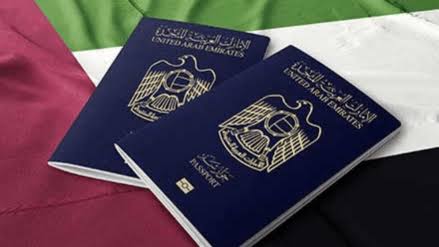The United Arab Emirates has announced a suspension on new tourist and work visas for citizens of nine countries. The affected nations include Afghanistan, Libya, Yemen, Somalia, Lebanon, Bangladesh, Cameroon, Sudan, and Uganda. The restriction takes effect immediately and forms part of the UAE’s broader visa policy framework for 2026.
The suspension applies only to new applications, meaning individuals who already hold valid UAE visas can continue their stay and activities. However, for thousands of people in Africa and the Middle East who rely on the UAE as a hub for employment and business opportunities, this development could have far-reaching implications.
Labor migration from countries such as Bangladesh, Sudan, and Uganda contributes significantly to household incomes and national economies through remittances. The inability to access new work permits in the UAE may force workers and recruiters to seek alternative destinations across the Gulf or beyond.
While Emirati authorities have not issued a detailed explanation, experts suggest several possible reasons. Security concerns remain a central factor, with the UAE maintaining strict oversight of who enters its borders. Diplomatic relations may also play a role, particularly as the UAE continues to balance complex ties with governments in Africa and the Middle East. Some observers note that pandemic-era measures also reshaped travel regulations, and remnants of those approaches still influence visa policies today.
The decision could also affect industries beyond labor migration. Travel operators that serve citizens from the affected countries may see reduced bookings, while UAE-based employers that rely on foreign workers may experience labor shortages if restrictions remain in place for long. For many small and medium enterprises that depend on expatriate staff, this adds another layer of uncertainty.
Tourism flows may also be disrupted. Citizens from countries like Lebanon and Somalia often travel to the UAE for leisure or family visits. The restriction could reduce cultural and social exchange, particularly in cities like Dubai and Abu Dhabi that have long served as gateways for regional travel.
Although the ban is temporary, it highlights the unpredictable nature of migration policies. For citizens of the affected nations, the immediate challenge will be exploring other destinations for work and travel, while for the UAE, the policy underscores its determination to tighten entry channels in line with its security and diplomatic priorities.
Observers expect that the UAE may issue more detailed guidelines in the coming months, especially if the suspension has a noticeable impact on business or regional cooperation. Until then, individuals planning to travel or work in the Emirates from the nine listed countries will need to adjust their plans accordingly.
The development serves as a reminder of how visa policies shape global mobility, directly influencing opportunities for work, education, and family connections across borders.










